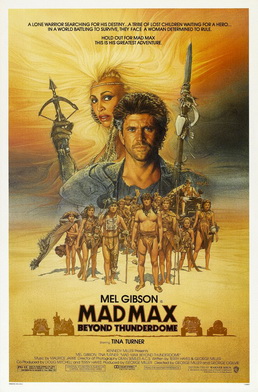It could happen, right?
Transportation experts now estimate that the state needs $5billion a year to keep Texas moving. The proposal that fell apart in the House this week would add less than a billion annually.
And after months of wrangling, relations between the House and Senate have grown increasingly testy. Republicans, who control both handily, have split between fiscal conservatives concerned over government spending and business-backers concerned over growth and infrastructure.
The House created a special committee to look at the issue. The Senate immediately passed the same measure that failed in the House, to siphon part of the state’s rainy day fund for the Department of Transportation.
“We’re beginning with the House and its working group at the same point where we left it off,” said Sen. Robert Nichols, the Jacksonville Republican leading the effort.
Sen. Dan Patrick, R-Houston, had a different term for it: “This is like legislative Groundhog Day.”
House Speaker Joe Straus, R-San Antonio, also predicted more of the same. He said he doubted the required two-thirds of House members would support the Senate bill.
“I don’t think that you can keep pushing uphill the same bill that was losing support, not gaining, as the summer wore on,” Straus said. He has decried the effort to address a major threat to the state’s economic health without considering new revenue sources.
“The governor has made it clear that this isn’t an issue that he is willing to allow us to step back and take a more comprehensive approach to,” Straus said. “So we’re here. We should do what we can that attracts the necessary votes — and take it piecemeal if that is what he is asking us to do.”
The divisions are deep on any proposal, and getting 100 of the 150 members to coalesce behind any plan will be difficult, Straus said, pledging a “good-faith effort.”
During the regular session, legislators rejected any suggestion to hike gas taxes or increase fees on car registrations.
As Paul Burka likes to put it, we don’t have policy in this state, we have ideology. An approach that relied on policy might suggest some combination of right-sizing the gas tax, floating bonds, enabling toll roads where reasonable, and – I know this will sound crazy, but stick with me – seeking sensible alternatives to building more roads. The ideological approach insists that there is blood in this stone, we’re just not squeezing it hard enough. Good luck with that. To be fair, while Speaker Straus clearly recognizes the problem here, it’s not clear that there would be enough support for the sensible approach. Even if Rick Perry were to be replaced by an alien that preferred sensibility to sloganeering, I don’t know that you could find a majority in the House and two-thirds of the Senate to back an increase in the gas tax, no matter what other provisions were in there. (What’s that you say? We don’t need a two-thirds majority in the Senate in a special session? Silly rabbit, we only drop the two thirds rule for important things, like voter ID and abortion restrictions.) As with many other things, nothing will change until the composition of our government changes.


It’s also a constitutional amendment, so it needs two-thirds anyway.
Gov. Helmethair opposed long-term bonded indebtedness years ago. He also lost all transportation cred with the Tea Party over the TTC. Can’t forget that now, can we? Meanwhile, Democrats need to tell him (and Straus) that urban hass transit has to be part of the mix: http://socraticgadfly.blogspot.com/2013/07/rick-perry-and-texas-transportation.html